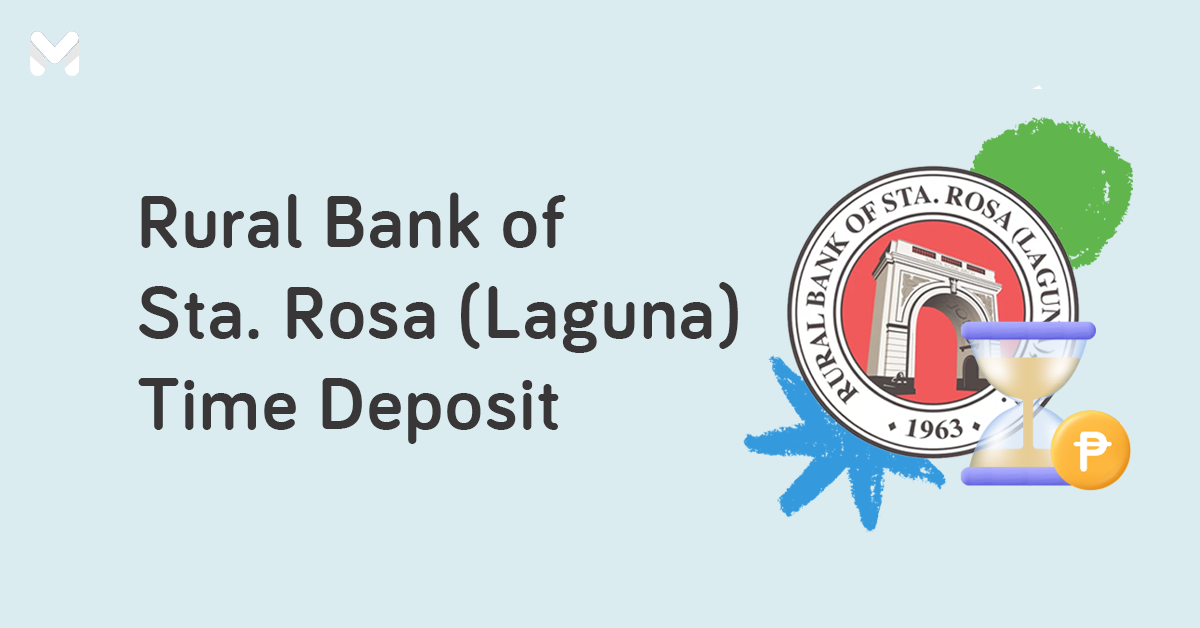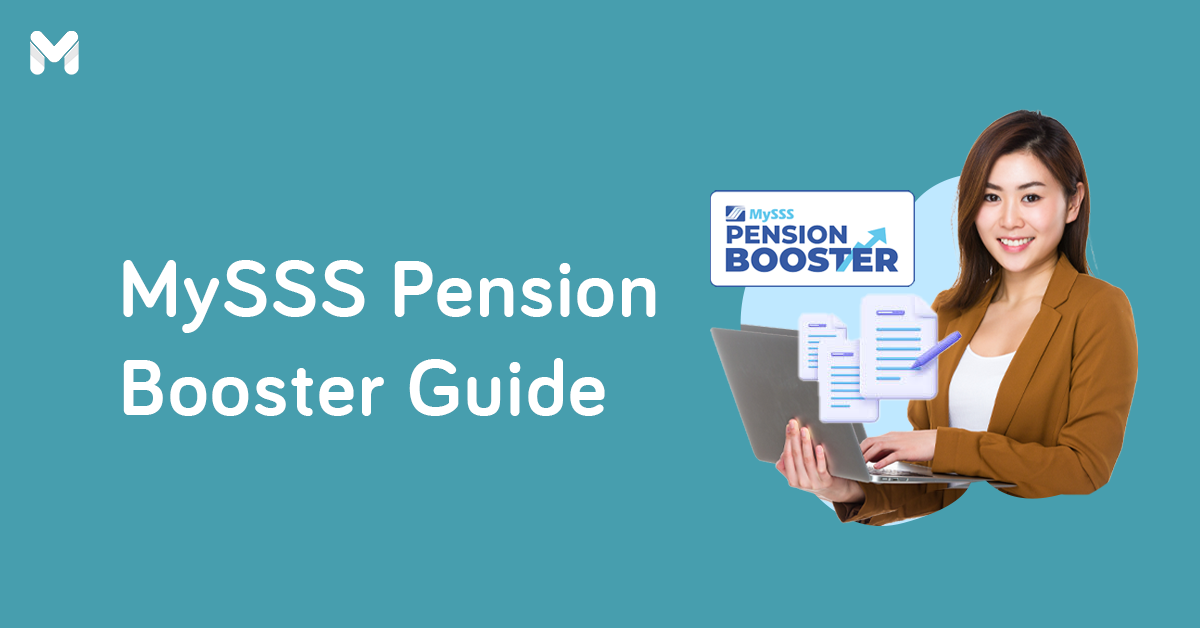Overseas Filipino workers are the country's modern-day heroes. They work in a foreign land in the hopes of providing a better future for their loved ones.
Payday Friday for them doesn’t mean eating in a lavish restaurant. It usually means heading to the nearest remittance center to send money to their families back home. Earning in foreign currency allows greater purchasing power for Filipinos, and supposedly, a larger opportunity to save and invest.
However, based on the Bangko Sentral ng Pilipinas’ 2nd Quarter (2019) Consumer Expectation Survey[1], only 33.9% of the households surveyed put OFW remittances into savings and only 7.6% put them into investments.
OFWs and their families need to realize that they cannot work abroad forever. Sooner or later, they will need to retire and won’t be earning as much as they used to. So they need to make their money grow, and earning money in foreign currency is fuel to the fire. They can invest more money and in more options.
Whether you want to prepare financially for your post-OFW life or build your retirement fund, here are the best investments for OFWs you may consider.
1. Real Estate

Real estate is one of the preferred investments for OFWs because a home is a tangible asset compared to stocks and mutual funds. Another is the personal benefits of having your own place.
Earning in foreign currency allows OFWs to invest in real estate in the first year or two of them working abroad. Compared to those working in the country, it may take years to be able to save up for a down payment on a home.
Why is Real Estate a Good Investment for OFWs?
Real estate has the potential to yield great returns. Also, if you end up selling your property, you will have a large cash reserve in the millions.
Nowadays, the popularity of short-term rentals via online platforms such as Airbnb and Agoda Homes makes it easy for OFWs to earn money quickly by renting out their idle apartment or condo units.
Before buying a house and lot in the Philippines, make sure to do a lot of research[2] and figure out your financing plans. You should also work with a credible real estate developer to ensure that your purchase is in good hands.
Read more: 8 Great Ideas to Make Your Property Profitable
2. Mutual Funds and UITFs
Mutual funds and unit investment trust funds (UITFs) are pooled investments that OFWs can participate in for as low as PHP 1,000.
To open a UITF account, most banks require a personal appearance, but others, such as BPI, PNB, and Security Bank, allow you to apply abroad if you already have a savings account with them (or in the case of Security Bank, an existing UITF account).
For mutual funds, you can open an account with a mutual fund company (Philequity, ATRAM, or Sun Life Financial, etc.) or through a stockbroker such as COL Financial and First Metro Sec.
Read more: OFBank Account Opening Guide for Overseas Filipinos
Why are Mutual Funds and UITFs a Good Investment for OFWs?
Mutual funds and UITFs do not require much effort and time compared to other investments for OFWs such as stocks and business. A professional fund manager handles your mutual funds and UITFs. All you need to do is put in the money.
Read more: Mutual Funds Investing for Beginners in the Philippines
3. Stocks

With the advent of online trading platforms, OFWs can now participate in the Philippine Stock Exchange (PSE) even if they're based abroad.
COL Financial, an online broker, allows OFWs to open a trading account without a personal appearance. You can send your application forms and supplementary documents via courier and then fund your account via wire transfers.
In addition, numerous online stock brokers allow you to open an account for a minimum of PHP 5,000. With the high earning capacity of OFWs, they can invest more than that and add to it monthly.
Why are Stocks a Good Investment for OFWs?
Stock investing allows your money to grow if done right. Annual returns of 50% are possible with the stock market, but of course, you need to put in the effort of learning and studying.
The good thing is that financial literacy seminars have expanded out of the Philippines and into countries where there is an abundance of OFWs. Look for the schedule of Marvin Germo’s Stock Smarts and TGFI’s Global Summit[3] seminars.
4. Franchise Business
Another great investment for OFWs is owning a business franchise. It gives you the opportunity to learn the ropes of running a business while having a tried-and-tested system in place.
For small franchises, such as food carts and kiosks, starting capital ranges from PHP 50,000 to PHP 900,000. For bigger franchises, capital is much higher and starts at around PHP 800,000.
A word of caution when starting a franchise business: Always have a buffer or emergency fund. You may spend more than your starting capital for miscellaneous expenses such as permits, rent advances, additional equipment, etc.
Why is a Franchise Business a Good Investment for OFWs?
Being a franchise owner offers OFWs the opportunity to earn additional income. But you must have partners you trust. Being an OFW, you are not always in your home country, and someone will have to run the day-to-day operations.
While you are away, you can let your family handle the franchise business. Instead of merely depending on your remittances to cover their daily expenses, your family members can be more productive in managing the business and earning profits from it.
5. Pag-IBIG MP2

The Modified Pag-IBIG Savings II (MP2) is a five-year voluntary savings program that OFWs can avail in addition to their regular Pag-IBIG savings. The Pag-IBIG Fund allows a minimum monthly investment of PHP 500 for MP2, though OFW members may opt to put a higher amount into their MP2 accounts to earn higher dividends.
Why is Pag-IBIG MP2 a Good Investment for OFWs?
The MP2 earns annual dividends with rates that are higher than time deposits and even other investment channels such as mutual funds. The dividend rate even peaked at 8.11% in 2017. For 2019, the Pag-IBIG Fund has declared a 7.41 dividend rate.
Earnings from the MP2 program are tax-free and government-guaranteed, so there's no risk of losing your money.
6. SSS Flexi Fund
Starting to plan your retirement? The SSS Flexi Fund, a voluntary savings-investment program for overseas SSS members, is one of the best investments for OFWs who want to build their retirement fund.
Why is SSS Flexi Fund a Good Investment for OFWs?
Like the Pag-IBIG MP2, OFW members enjoy risk-free and tax-free benefits under the SSS Flexi Fund program. Although it's meant primarily as an OFW investment for retirement, it can also be used to cover immediate financial needs through an early withdrawal.
Another advantage of investing through this SSS program is earning incentives when you don't make any withdrawal or benefit claim within a year.
7. VUL Insurance
VUL stands for variable universal life insurance, an insurance product that doubles as an investment vehicle. It means that a certain percentage of the money you put in your VUL policy goes to the cost of insurance, while the rest goes to investments.
In short, VUL allows OFWs to get themselves insured while growing their money simultaneously.
Why is VUL Insurance a Good Investment for OFWs?
There may be some valid arguments against getting a VUL policy, like it being a lazy way to invest. However, if there's a group that benefits the most from VUL insurance, it's the OFWs who barely have the time to learn to invest and monitor their investments.
And since it's an insurance and investment product rolled into one, VUL is ideal for OFWs who want to protect their loved ones from being financially burdened should they pass away, and save money for retirement should they live longer.
8. PERA Investment
Personal Equity and Retirement Account, or PERA for short, is a voluntary retirement investment program in the Philippines. Once you open a PERA account, your money is invested in various vehicles, including bonds, stocks, mutual funds, and UITFs.
OFWs stand to benefit the most from PERA because they can invest higher amounts (maximum of PHP 200,000 annually) than non-OFWs (maximum of PHP 100,000 annually). They also enjoy higher tax exemption of up to 5% on their PERA investment.
Why is PERA a Good Investment for OFWs?
OFWs should take advantage of the benefits that PERA offers. It's a great opportunity to prepare for retirement because earnings are exempted from taxes. Also, OFWs can invest a higher maximum amount (PHP 200,000) every year compared to non-OFWs, who can invest only up to PHP 100,000 annually.
Final Thoughts
Year after year, the number of OFWs continues to increase, totaling 2.3 million in 2018[4]. These modern-day heroes continue to work away from home for a brighter future. They want to provide their families the basic necessities, send their children to good schools, and of course, retire comfortably.
Investing makes all these goals possible. Whether it’s buying your own home or participating in the stock market, investments for OFWs are an opportunity for financial independence you shouldn’t miss out on.
Related Article:
Sources:










